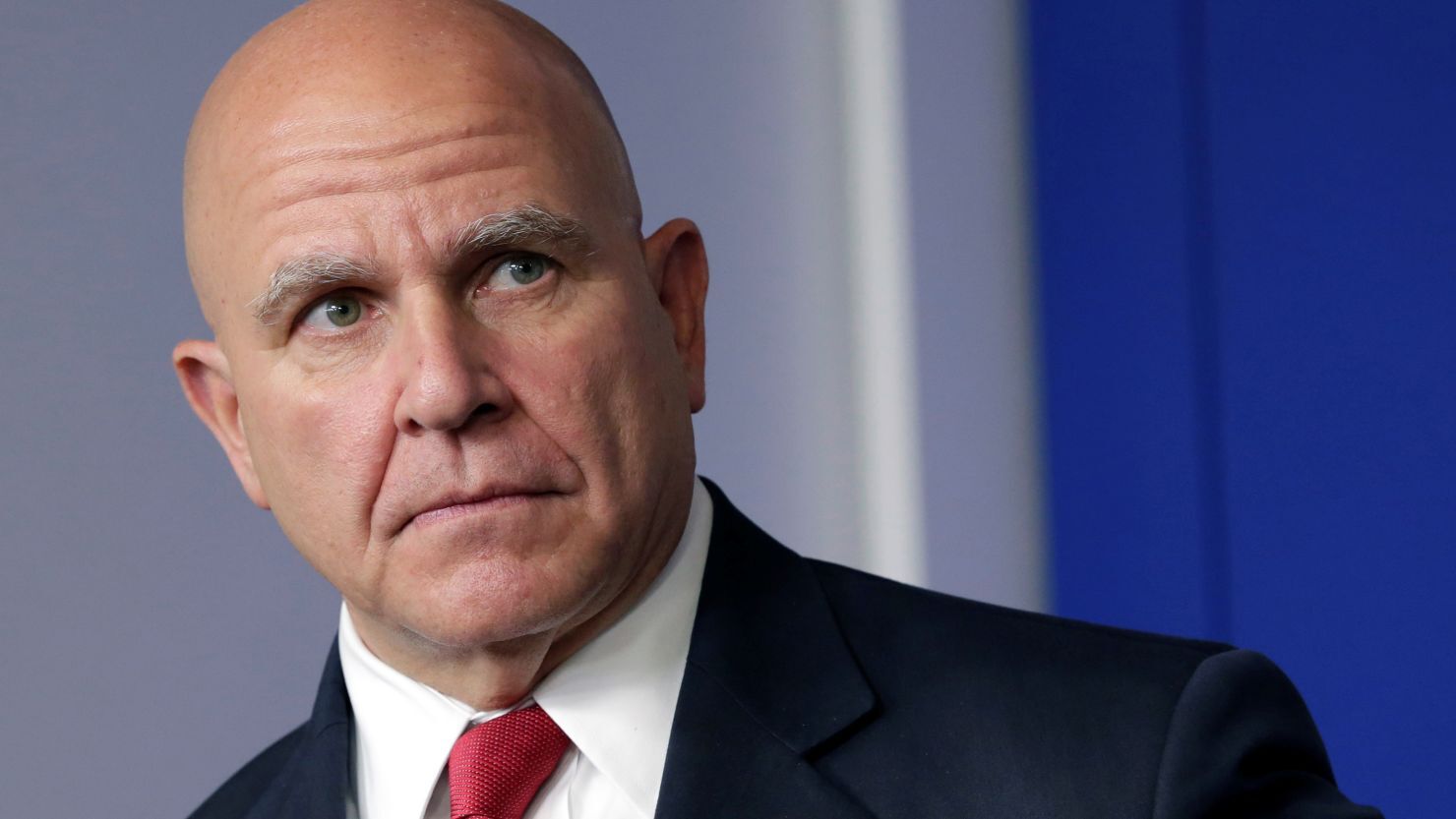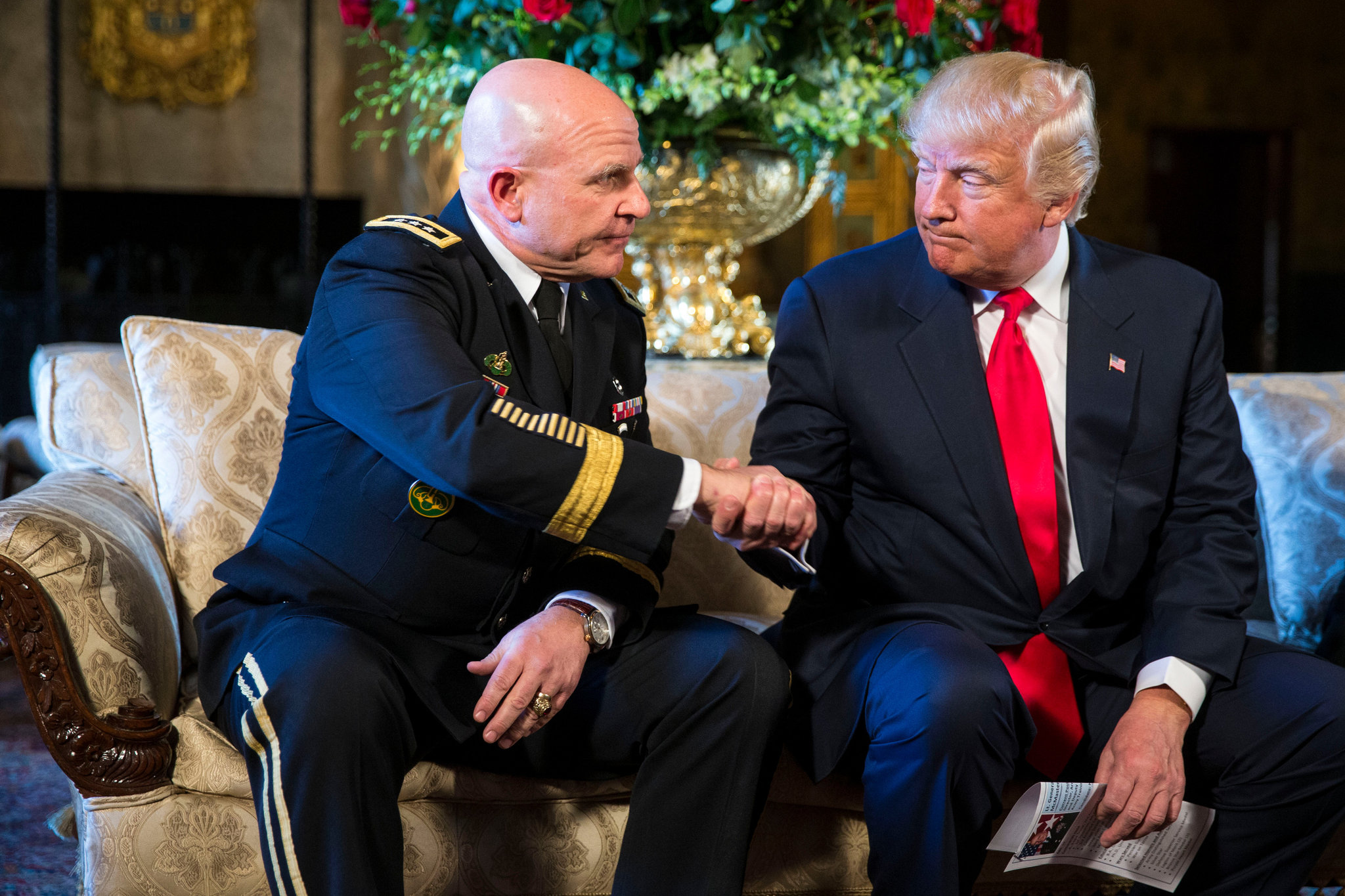Former National Security Adviser H.R. McMaster stressed the necessity for former President Trump to be surrounded by well-qualified national security experts to avoid manipulation. During an interview on CBS News’s “Face the Nation,” McMaster discussed his upcoming memoir, scheduled for release on August 27, in which he reflects on his efforts to safeguard Trump’s independent judgment.
He emphasized that, in any administration, there are always individuals trying to influence the president’s decisions to suit their own agendas.
McMaster described how Trump often struggles with conflicting ideas, which can make it difficult for him to reconcile these opposing thoughts. He argued that having a skilled team around Trump is vital for helping him clarify and pursue his agenda.
McMaster believes that when Trump is provided with multiple well-analyzed options, he is capable of making sound decisions by weighing the long-term costs and benefits of each option.

McMaster Urges Trump to Rely on Top National Security Experts in Upcoming Memoir
Despite this, McMaster observed that Trump sometimes finds it hard to remain committed to his decisions, as he is vulnerable to being influenced by those who know how to appeal to his need for strong support from his political base. This susceptibility can lead to inconsistencies in his policies, as his decisions might shift under external pressure, even after initially sound deliberation.
McMaster also shared his internal debate about whether to include details in his memoir about Russian President Vladimir Putin’s attempts to manipulate Trump.
Ultimately, he decided to include these accounts, hoping that by revealing Putin’s tactics, any future administration, including a potential second Trump term, would be better equipped to resist such foreign influence. McMaster depicted Putin as a master of deception, using subtle methods to press a U.S. president’s buttons.
In a notable incident from 2018, McMaster recounted that Trump asked him to send Putin a note along with a news clipping following the poisoning of Sergei Skripal, a former Russian intelligence officer.
However, Trump spokesperson Steven Cheung refuted this account, labeling it as “fake news” and accusing McMaster of fabricating the story to promote his book. This denial highlights the contentious nature of McMaster’s claims and the ongoing debate over Trump’s interactions with foreign leaders.











































